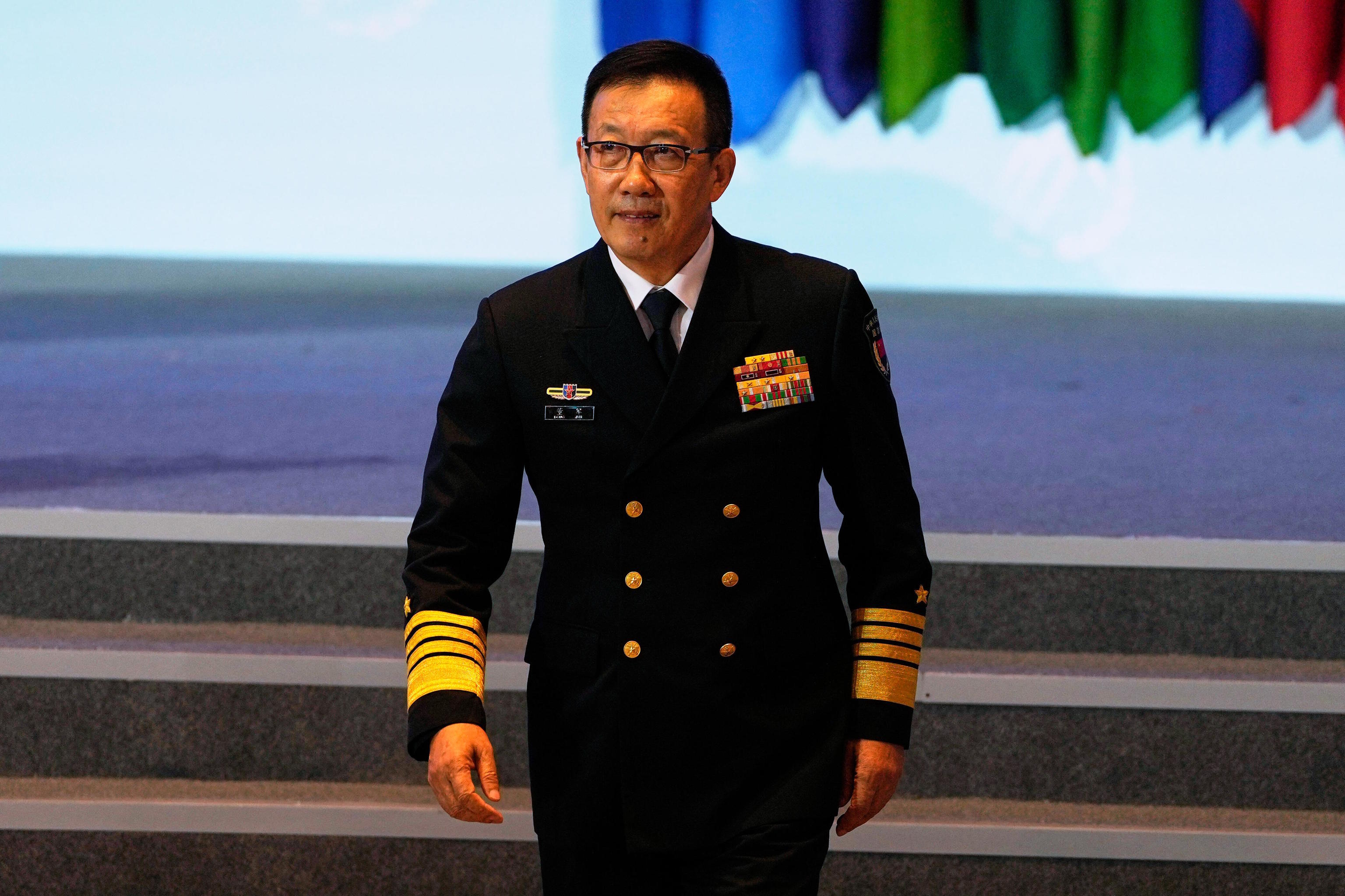China continues to showcase its power as the host of consecutive global events. This week, in Beijing, the Asian superpower hosts the Xiangshan Forum, its most important annual Defense conference.
Two weeks ago, in the neighboring city of Tianjin, the Shanghai Cooperation Organization summit (SCO) was held, the pretext for Chinese President Xi Jinping to meet with his Russian counterpart, Vladimir Putin, and Indian Prime Minister Narendra Modi. He then welcomed North Korean leader Kim Jong-un, who attended alongside Putin and other world leaders at the military parade where China displayed some of its most advanced weapons.
During the SCO summit, Xi presented a global governance initiative that, both inside and outside China, was interpreted as another step by the world's second-largest economy to counterbalance the traditional hegemony of the United States and Western powers.
Regarding Xi's initiative, portrayed by Beijing as a personal effort by the Chinese leader to build a fairer and more equitable governance system, Defense Minister Dong Jun spoke at the security forum. "The initiatives promoted by President Xi are heading in the right direction," Dong stated before an audience of around 1,800 military commanders, politicians, academics, and diplomats from over a hundred countries participating in this event that will last until Saturday.
Dong also addressed key issues such as disputes in the South China Sea, the ongoing tension with Taiwan, and the trade war unleashed by US President Donald Trump.
"We are in an increasingly divided world," criticized the minister. "We are at a crossroads overshadowed by Cold War thinking, hegemony, and protectionism. We must start choosing dialogue over confrontation."
Dong took some jabs at the United States, although without directly mentioning its major rival. "External military interference, the pursuit of spheres of influence, and coercion for others to take sides will lead the international community into chaos," he added. "The obsession with absolute superiority in military strength and a law of the jungle approach will lead to a world governed by the law of the jungle and disorder."
The US has sent a lower-ranking Defense attaché from its embassy to the Beijing forum. Last week, Dong spoke on the phone for the first time with US Secretary of War (formerly Defense), Peter Hegseth, who toned down his usual aggressive stance towards China during the conversation. "Washington is not seeking conflict with China," Hegseth stated, committing to keeping communication channels open.
In May, during the Shangri-La Dialogue, the largest Asian security summit held in Singapore, Hegseth referred to the "threat from China," revealing that his goal was to garner regional support to restore collective deterrence against what he termed as Beijing's "aggression" in the region. He also warned that the Asian country posed an "imminent" threat to Taiwan.
Regarding the autonomous island that China considers part of its territory, Dong reiterated that the People's Liberation Army (PLA) would never allow any "separatist" attempts to succeed. "Taiwan's return to China is an integral part of the post-war international order," he concluded.
